Publications
Articles, publications, books, tools and multimedia features from the U.S. Institute of Peace provide the latest news, analysis, research findings, practitioner guides and reports, all related to the conflict zones and issues that are at the center of the Institute’s work to prevent and reduce violent conflict.
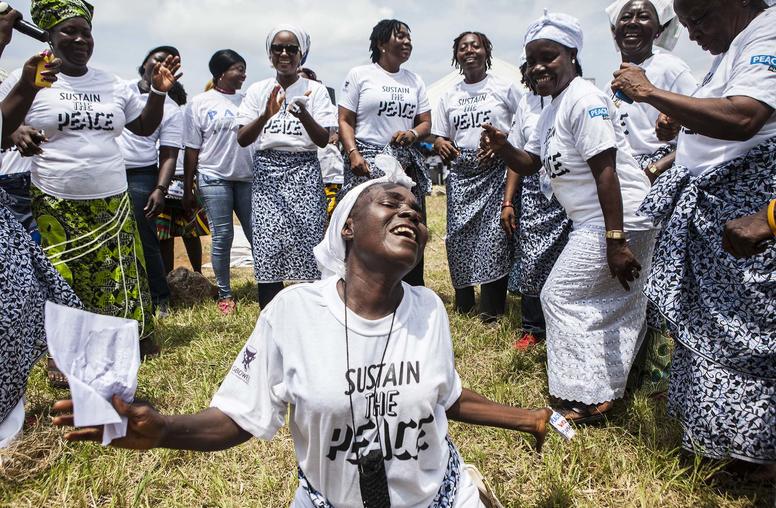
¿Cómo y cuándo puede el poder popular promover la paz durante guerras civiles?
A pesar de una breve pausa debida a las restricciones de la COVID-19, en los últimos años hemos visto una de las mayores olas de resistencia no violenta a nivel mundial y 2019 fue catalogado como "el año de la protesta". Estos movimientos – desde Myanmar hasta Colombia y la India – se centran en gran medida en la lucha contra el autoritarismo o en subsanar injusticias sociales. Menos difundido y discutido es el papel de la acción no violenta en medio de las guerras civiles y los procesos de paz. La no violencia estratégica puede fomentar la paz también en estos contextos, pero el momento y la táctica son la clave del éxito.

Comment—et quand—le pouvoir populaire peut faire avancer la paix dans un contexte de guerre civile
Malgré une brève accalmie due aux restrictions liées à la COVID-19, ces dernières années ont été témoins de l'une des plus grandes vagues de résistance non-violente mondiale de l'histoire récente, 2019 étant largement surnommée “l'année de la protestation.” Ces mouvements – du Myanmar à la Colombie en passant par l'Inde – sont largement axés sur la lutte contre l'autoritarisme ou la réparation des injustices sociales. Moins annoncé et discuté est le rôle de l'action non-violente dans les contextes de guerres civiles et des processus de paix. La non-violence stratégique peut également favoriser la paix dans ces contextes, mais le timing et les tactiques sont la clé du succès.
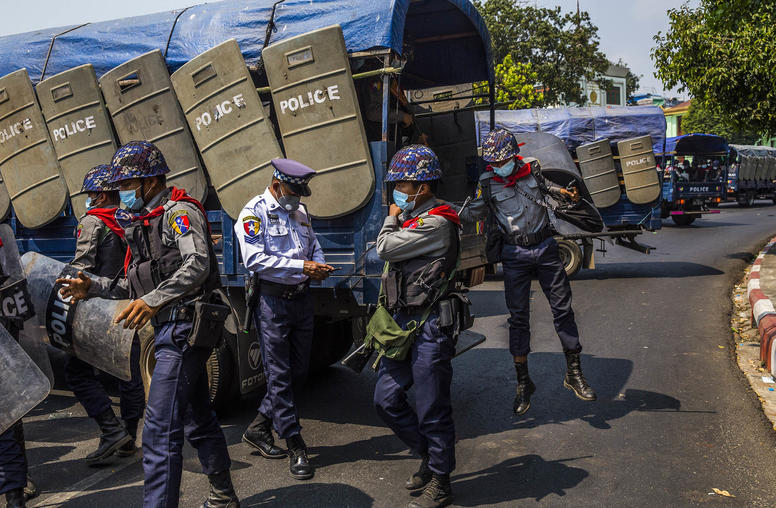
In Myanmar, the State the Generals Seized Is Coming Apart
Over the past six months under the junta’s “care,” the chaos and turmoil sparked by the coup has moved the country past the brink of failed state status. Growing armed resistance is emerging in the shrinking area where the military’s unbridled brutality has preserved its veneer of control. In liberated zones and particularly in regions controlled by ethnic armed organizations (EAOs), new forms of governance and even sovereignty are taking shape in the vacuum left by Commander-in-Chief Min Aung Hlaing’s war on political reform.
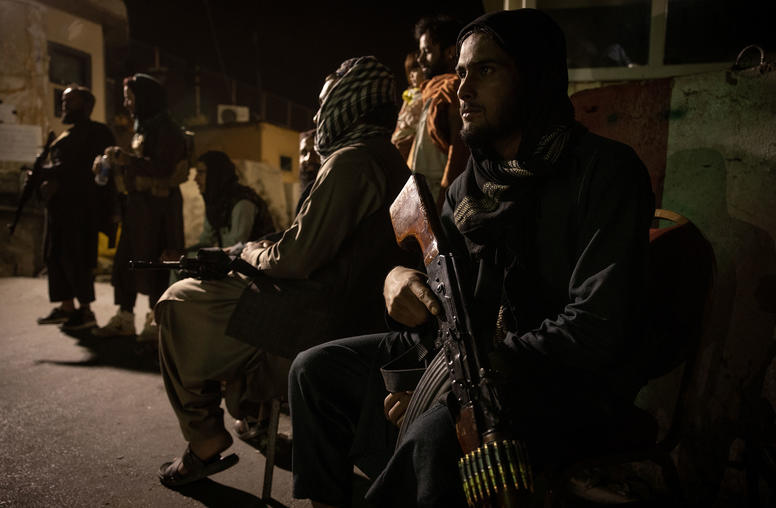
How the Region is Reacting to the Taliban Takeover
While the Taliban’s swift advance into Kabul over the weekend has left much of the West reeling, Afghans themselves will bear the brunt of the militant group’s rule. Beyond Afghanistan’s borders, its neighbors will feel the most immediate impact. Earlier this year, Russia, China and Pakistan affirmed that the future of Afghanistan should be decided through dialogue and political negotiations. How will they engage with the Taliban now?
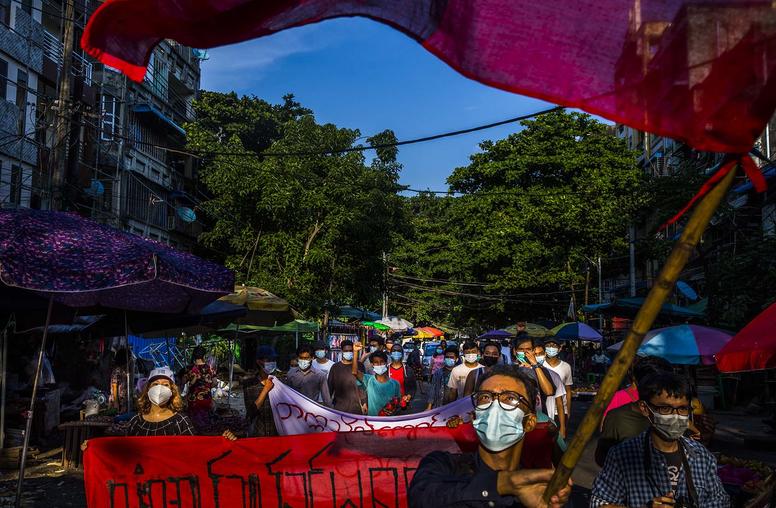
How Myanmar’s Coup Opens Opportunity for National Reconciliation
Since Myanmar’s military illegally deposed the country’s elected government on February 1, it has killed more than 1,000 people and is actively undermining efforts to manage the COVID pandemic by arresting volunteer doctors, blocking imports of medical supplies and hoarding and stealing oxygen. The military’s inhumanity and daily atrocities have created a common enemy for a divided society and a rare opportunity for the Myanmar people to initiate a much-needed nation-building process. The opposition is a loose group of organizations largely held together by a shared hatred for the military. If it is to decisively shift the trajectory of this conflict and end the military’s 70-year stranglehold on power, it will need to unify through a transformative reconciliation process.
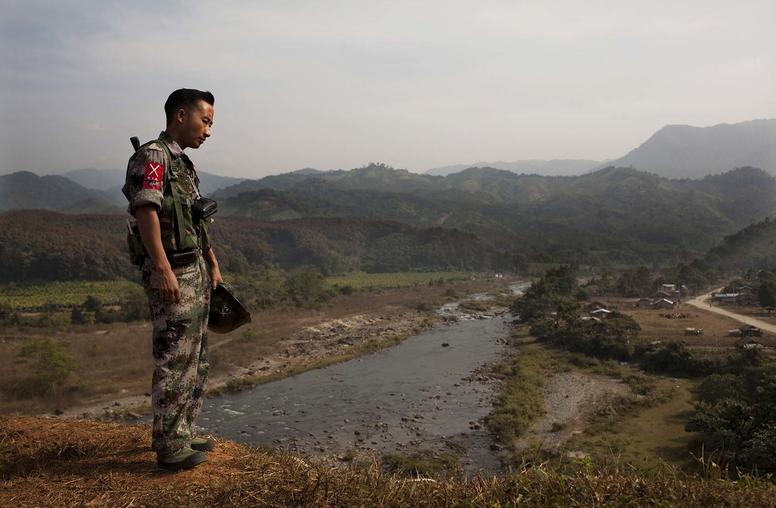
Myanmar Regional Crime Webs Enjoy Post-Coup Resurgence: The Kokang Story
Following the coup by the Myanmar army on February 1, 2021, fighting exploded immediately in the China-Myanmar border area along a strategic trade route between the two countries. But the outbreak wasn’t about the coup — instead it was a battle between two Chinese-speaking militias over control of the Kokang Special Administrative Zone, a lucrative center for illegal business. The story behind this episode provides a small window on the rise of regional criminal networks under the army’s patronage and how they are enjoying a new lease on life under the junta.
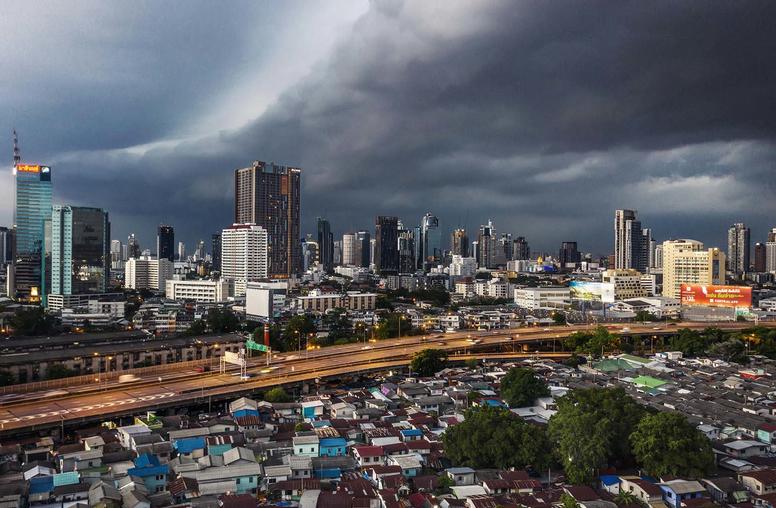
Thailand: Could One of Asia’s Deadliest Conflicts Be Coming to an End?
Thailand’s southernmost region is home to one of Asia’s longest-running armed conflicts. A separatist movement that emerged in the 1960s sought to carve out the Muslim-majority region as an independent state. Levels of violence have oscillated over the course of the conflict, with the most recent insurgency arising in the early 2000s. Despite decades of protracted armed conflict, there is recent cause for optimism.
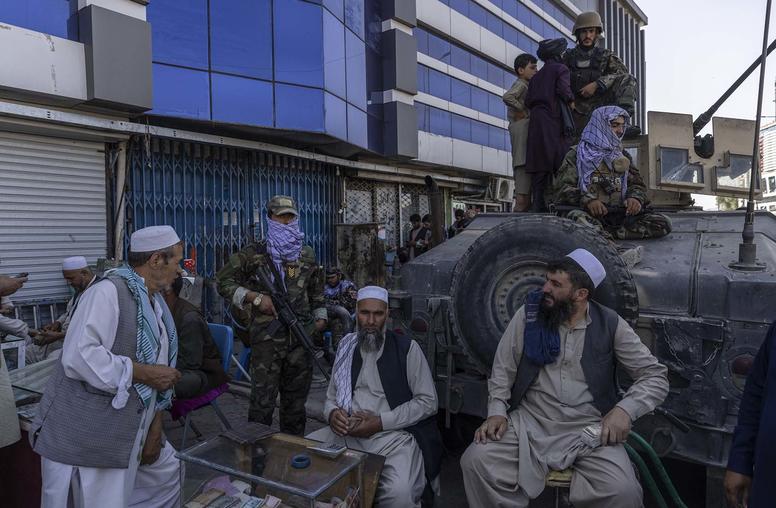
After Taliban Takeover, Can Afghanistan’s Economy Survive?
The Taliban’s unexpectedly rapid and complete victory over the now defunct Islamic Republic of Afghanistan brings with it yet another shock to the long-suffering Afghan people and the country’s very weak economy. Already plagued by insecurity, COVID, corruption, government over-centralization and mismanagement, declining revenues and drought, the Afghan economy will now face a host of challenges in the aftermath of the Taliban’s takeover and the international community cracking down on aid and assistance. As a new Afghan government takes shape, the actions of the Taliban and the response of the international community could greatly exacerbate or modestly ameliorate the current economic and humanitarian crises.
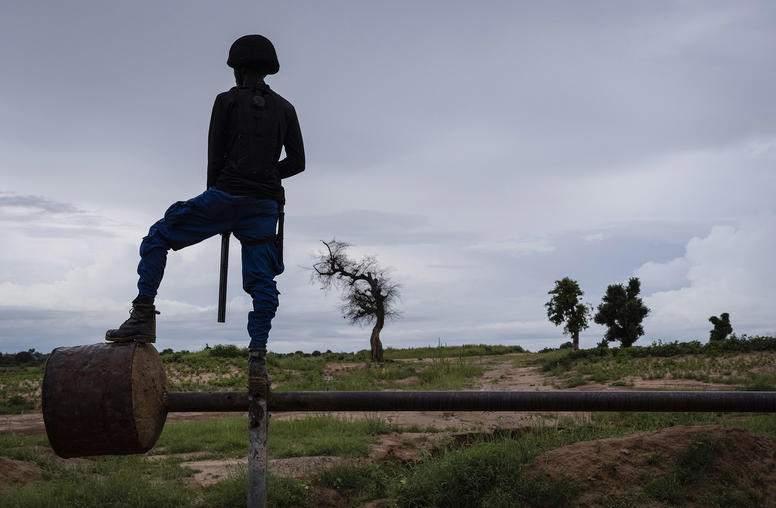
Six Alternative Ways to Measure Peace in Nigeria
When measured by the death toll, Nigeria seems beset by violence. By some accounts, the COVID-19 pandemic has made experiences of violence even more common — notably, Nigeria recorded a 169% increase in abductions between 2019 and 2020. While quantifying violence is relatively straightforward, defining what peace means to ordinary Nigerians has been largely overlooked, even if such definitions may be more meaningful. By exploring more nuanced understandings of peace, how these vary between and across communities, and finding which indicators of peace are most valued, peace might be better pursued. We went in search of how people in the states of Bauchi, Kaduna, Nasarawa and Plateau define peace. Here are six of our most important findings.
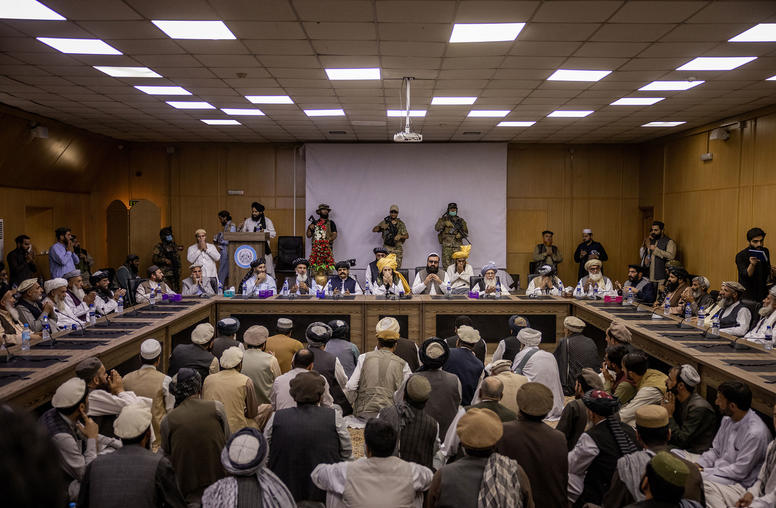
Five Questions on the Taliban’s Caretaker Government
As part of the Taliban’s bid to re-establish the “Islamic Emirate of Afghanistan,” the militant group announced the line up for its caretaker government on Tuesday. Despite several leading Taliban figures saying the movement would govern in a more moderate and inclusive fashion, the acting appointments made this week were mostly old guard members who played similar roles when the group ruled Afghanistan in the 1990s. USIP’s Andrew Watkins discusses who the key players are, what it signals about the Taliban’s commitment to inclusivity, the key challenges the government will face and how the West and regional countries should engage.